
Discover more from Do the Work
(Read part 1 here, and part 2 here.)
In February of 2019 (timeline: a year after the book was originally supposed to come out), I had a terrific editorial phone call with my new editor, Maggie. She pushed me to consider what was happening on the farm as a whole as a way to give the story more depth and to figure out an ending that would really work.
My favorite thing about working with an editor is this part. I love talking about stories with someone else who also loves stories, and who knows so much about how stories work. Together we brainstorm possibilities. The more I write, and the more I read, the better I can make stories on my own, but I always need that expert outside eye to help me see what’s working and what needs tweaking, and how to take the book to the next level.
Energized by my conversation with Maggie, I revised the story multiple times over the next eight weeks, trying out different endings.
I resurrected the restaurant idea (officially Ending 2), but this time Rooster hasn’t started it yet, wants to go into the breakfast business with Cow. The reason I kept going back to this was because he also needs “a mascot, a bouncer, someone to work the late shift, and someone to ring a little bell” – which was the lineup of rooster candidates at that point.
Rooster is an inventor who is trying to invent a waking-up, coffee-making machine. It didn’t work. “Anyone can be a rooster in this day and age. Even you, Cow.” They buy an alarm clock and open an art gallery.
I pulled on the thread of the art gallery, and wrote a version where Rooster is a sculptor and artist. At the end all the roosters say what they want to be, none of them QUITE wants to be a rooster. They start a Rooster School on the farm: “Be the rooster you want to be.” So this is what this farm is, not a farm at all, but a Rooster School. This ending didn’t quite feel right either, but I was into the idea of the farm being something new.
In April of 2019, I sent the Rooster School version to Maggie. Here is part of that email:
Ok! Hi! New version of Rooster attached!
Here was my thought process: what is Rooster and Cow's friendship all about? Why does he leave? Why do friends argue? Was there jealousy? Or a misunderstanding, like when Martha is mad George won't let her into his secret club, but then it turns out to be a Martha fan club?
I started thinking that maybe Rooster doesn't actually LEAVE. That's pretty big, for him to completely leave. Cow and Rooster aren't splitting up, but the dynamic and relationship has changed.
And I kept thinking about the original version, where all the candidates come back to work in the restaurant, and how much Ramona (my 8-year-old) liked knowing that they all have jobs doing exactly what they're best at.
And what is a rooster? And what is Rooster?
And through it all, I really love the idea that the premise of the book flips. That you think you're reading a straightforward job-interview-gone-wrong story, but then it turns out to be something else entirely.
Which led to this version. While it seems like the candidates are applying for a job to be the rooster, they are, in fact, applying to be students at Rooster School. Not rooster school, mind you. They know how to be roosters. But now they would like to learn to be like Rooster -- that is, following their dreams. You asked me a few months ago "what kind of farm is this?" and I think this is what it is: Rooster School, where you learn what kind of rooster you are.
This might need some more added in at the end, but I wanted to send you this version to see what you thought. I like the way this is heading much more than the restaurant ending.
Reading this over now, I can see how much all this thinking informed what the book eventually turned into, which isn’t about a Rooster School at all.1 I also see how much this has turned into my process with every revision. I write a story and then pull it apart and ask “Why are they doing this?” and “Who are these characters, really, deep down?” and then put the story back together again to see what it looks like.
I realize at this point I am deep in the weeds of this. Do you need to know that once there was a Rooster School to really get the final story? Uh, no. Not even a little. This is maybe only interesting to me. But it’s a turning point for the story, because it’s the first ending that seemed like it was something more, something that could actually work, not me coming up with puns or throwing something onto the end that kind of worked.
The next essay will not be about revising at all, because it’s about the drama of apparent ghosting.
I was excited to see
unbox Help Wanted: One Rooster on his recent video!If you’re just joining me on this series of essays, I’ll let you know that one subscriber will win a copy of Help Wanted: One Rooster at the end of this (in June) and also two paying subscribers will win either a picture book manuscript critique or a half hour of creative coaching (your choice). (Paying subscribers also get discounts on my courses — and my 31 Days of Pep Talks course for free — as well as paying-subscriber-only essays, and the Short Story Project, where we read short stories and play around by rewriting them into picture books.)
Preorder links:2
Print: A Bookstore for signed and/or personalized copies
From your local independent bookstore
The other thing that jumps out when I read this over is that Ramona is no longer 8. She turned 14 over the weekend.
If you’re considering buying a book, preordering really does help. It lets publishers and retailers know that there’s interest in the book. If you aren’t going to buy, consider asking your local library to order it. THANK YOU.
Subscribe to Do the Work
How to get writing done when the distractions of modern life are coming at you fast.

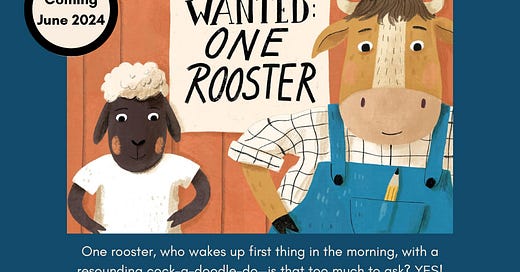







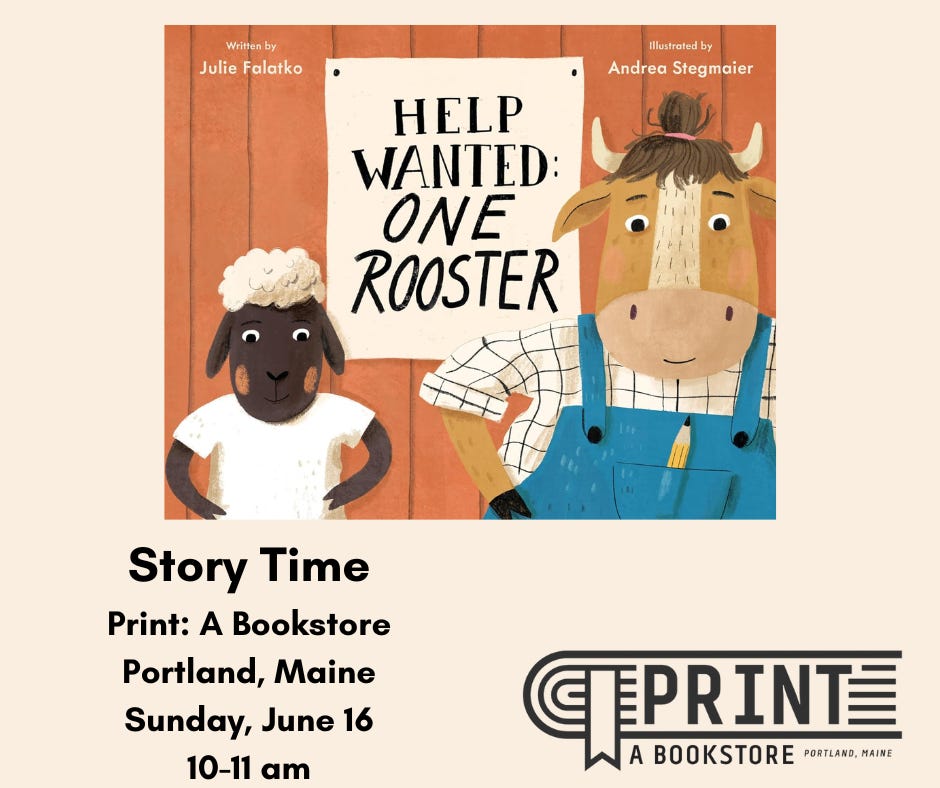





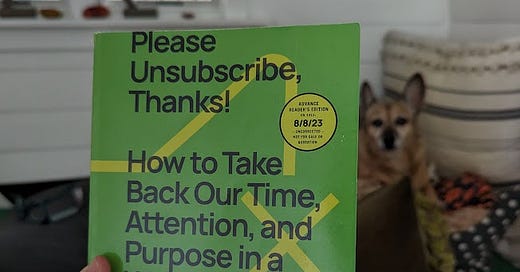

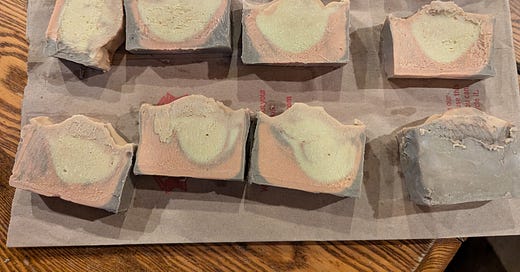

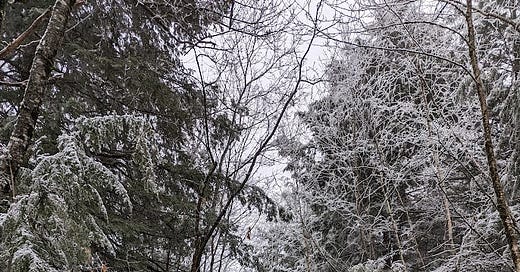

This is so interesting! And I love the idea of developing your story further with your editor, and how that has become your favorite part. I do wonder how common that is anymore. I know I try to do that with my agent (to the degree we can) but of course, any particular editor may have their own vision that could deviate from the current manuscript in any number of ways. I love that, no matter what the overall vision was, your writing and premise was so strong that they bought it, knowing you could adapt as the project evolved. It does seem, just anecdotally, that there are more R&Rs now and less developmental editing (post-acquisition), but I think in your case, it sounds like they just wanted to "lock that down" (and who could blame them)?
Also, how much do I love your George and Martha example? (V. very much. God, I love those hippos.) Thank you for sharing this series! It's so great.
Wanted to say, too, this feels like a masters class in writing a book for children.